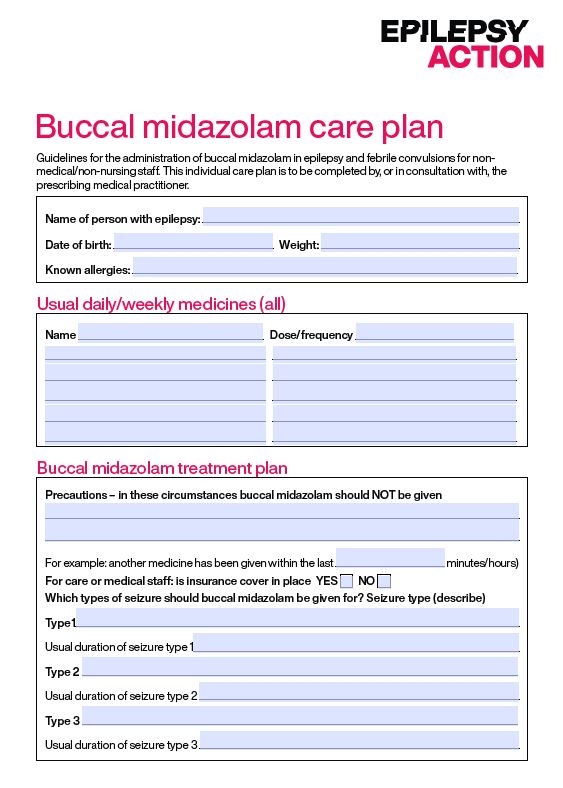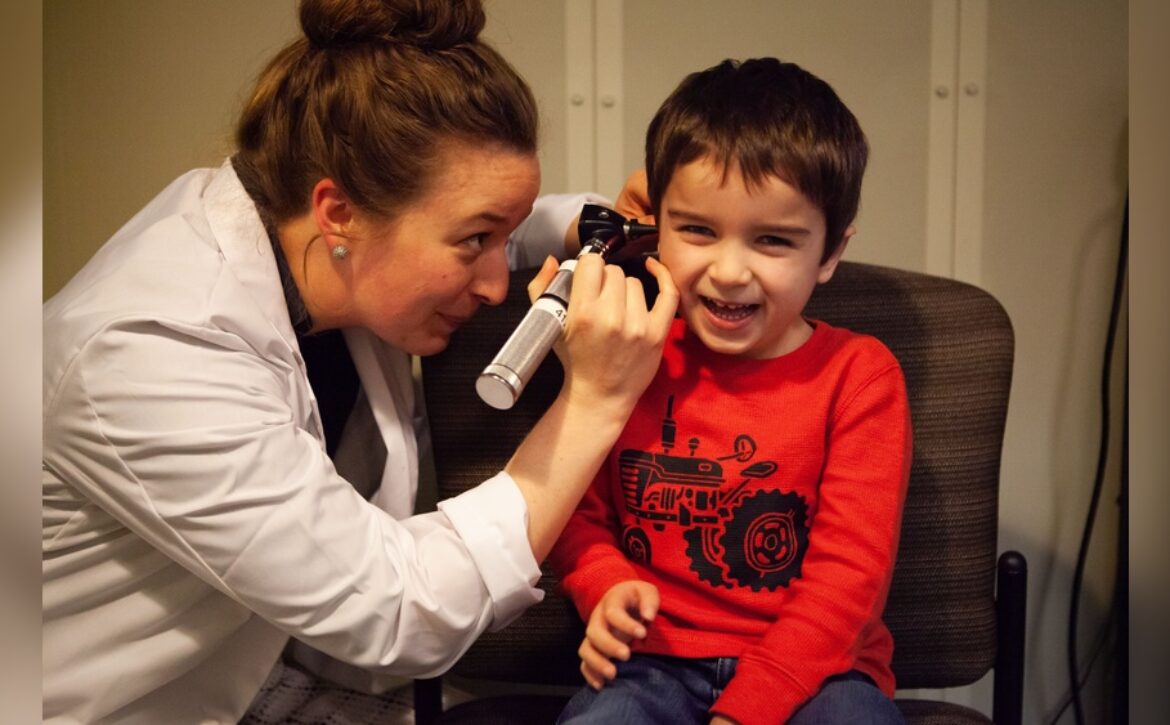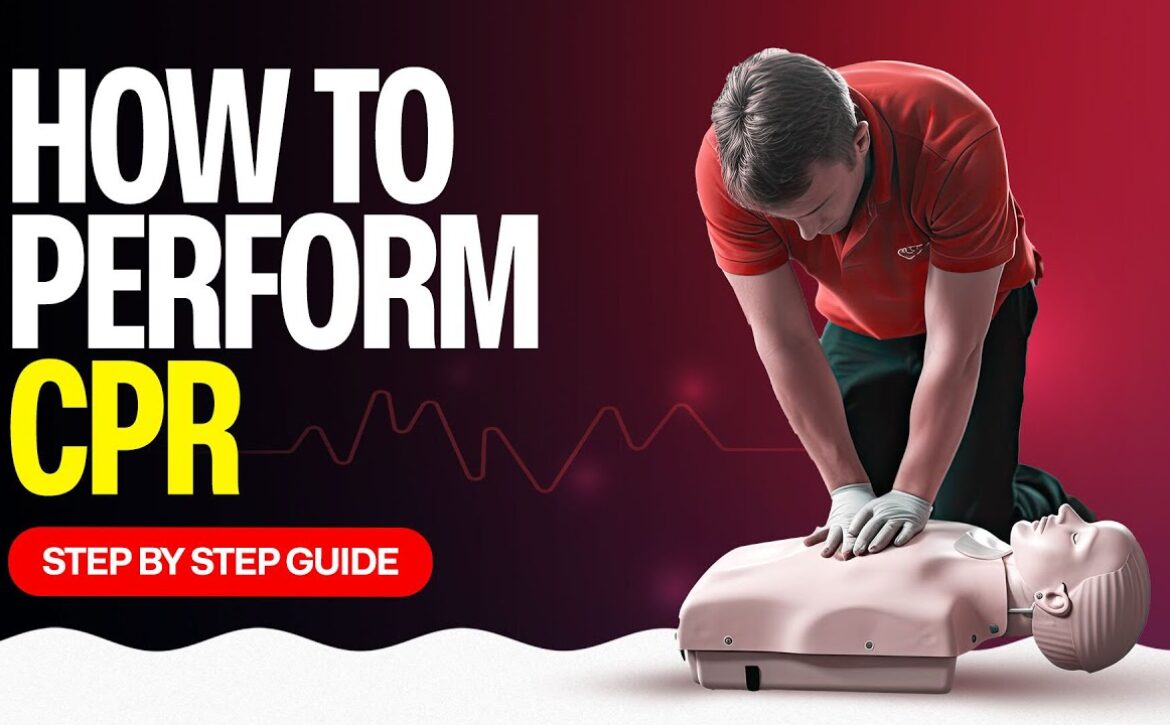
How to Become a Epilepsy And Buccal Midazolam Expert
Are you curious about how to effectively manage epilepsy and understand the role of buccal midazolam in treatment? Navigating the complexities of epilepsy can feel overwhelming, especially when trying to grasp the intricacies of medications like buccal midazolam.
You’re not alone in seeking clarity, and understanding these key components can significantly impact the quality of life for those affected by epilepsy. Imagine having the knowledge and confidence to make informed decisions, ensuring safety and peace of mind for yourself or your loved ones.
This guide is crafted to demystify the process, offering you practical insights and actionable steps. Let’s dive into the essentials and empower you with the information you need.
Essential Knowledge On Epilepsy
Understanding epilepsy is crucial for effective management and care. This condition affects millions globally, making awareness essential. Knowledge about epilepsy empowers individuals and caregivers alike. It helps in recognizing symptoms and seeking timely treatment. Let’s explore the key aspects of epilepsy.
Types And Symptoms
Epilepsy manifests in various forms. Each type has distinct symptoms. Generalized seizures affect the whole brain. They often result in convulsions and unconsciousness. Focal seizures start in one brain area. These may cause unusual sensations or movements. Absence seizures involve brief lapses in awareness. Recognizing these signs is vital for diagnosis.
Diagnosis And Treatment Options
Diagnosis begins with a detailed medical history. Doctors may conduct physical exams and neurological tests. Electroencephalogram (EEG) is a common tool. It measures brain activity to detect abnormalities. Imaging tests like MRI provide detailed brain images. These help identify structural issues. Treatment aims to control seizures effectively.
Medication is the first line of treatment. Anti-seizure drugs reduce seizure frequency. Doctors tailor medication to individual needs. Some cases require surgical intervention. Surgery might help if medication fails. Lifestyle changes support seizure management. Stress reduction and regular sleep are beneficial.

Understanding Buccal Midazolam
Buccal Midazolam is a medication used to treat seizures in epilepsy patients. Understanding its usage is crucial for effective management. It is administered inside the cheek, providing rapid relief during an episode.
Understanding Buccal Midazolam Buccal Midazolam is a medication that plays a crucial role in managing seizures in individuals with epilepsy. Its unique administration method sets it apart from other treatments. This medication is applied between the gum and the cheek, making it easy to use, especially in emergencies. Imagine being able to help a loved one in the midst of a seizure without needing complex medical tools. That’s the power of Buccal Midazolam.
Mechanism Of Action
Buccal Midazolam works by calming the brain’s electrical activity. It enhances the effects of a neurotransmitter called GABA, which helps slow down nerve impulses. This rapid calming effect can halt a seizure, preventing further complications. Have you ever wondered how a simple application can deliver such significant results? It’s all about targeting the brain’s chemistry efficiently and effectively.
Comparison With Other Treatments
When looking at seizure treatments, Buccal Midazolam stands out for its ease of use. Unlike intravenous medications, it doesn’t require needles, making it less intimidating. Oral tablets, while effective, can be challenging to administer during a seizure. Buccal Midazolam, with its non-invasive application, provides a practical solution in those critical moments. You might ask, why not use traditional methods? The answer lies in the speed and simplicity of Buccal Midazolam. It’s quick to administer and acts fast, giving you peace of mind when seconds count. Isn’t it reassuring to know that you have a reliable option at hand during emergencies?
Training And Certification
Gain the skills to handle epilepsy emergencies through dedicated training in buccal midazolam administration. Certification ensures confidence in managing seizures safely and effectively. Learn practical techniques to support those with epilepsy.
Becoming proficient in epilepsy care and administering buccal midazolam demands comprehensive training and certification. These credentials are vital for ensuring safe and effective patient care. You might wonder what steps are essential to achieve expertise in this field. Let’s explore the educational pathways and certification programs that can guide you on this journey.
Educational Pathways
The first step is to gain foundational knowledge about epilepsy. Attend workshops and seminars focused on understanding the condition. Online courses can also provide flexibility and detailed insights. Consider enrolling in healthcare-related programs. Nursing or medical assistant courses often cover epilepsy management as part of their curriculum. This formal education can enhance your understanding of patient care. Engage with professionals in the field. Shadowing experienced practitioners can offer practical knowledge. Learning directly from those who have been in the trenches can be incredibly valuable.
Certification Programs
Certification is a testament to your skills and understanding. Look for programs that offer specialized training in administering buccal midazolam. These certifications often include both theoretical and hands-on components. Search for programs accredited by recognized healthcare organizations. Accreditation ensures the program meets industry standards. This can also bolster your credibility in the eyes of employers. Consider the format of the certification program. Some might offer online modules followed by a practical assessment. Others might require in-person training sessions. Choose a format that suits your learning style and schedule. Certification can open doors to new opportunities. It not only boosts your confidence but also reassures those under your care. Are you ready to take the plunge into this rewarding field?
Practical Experience
To truly excel in the field of epilepsy care, practical experience is crucial. It offers hands-on learning that textbooks cannot provide. Real-life situations deepen understanding and improve skills. Engaging with patients fosters empathy and strengthens communication abilities. This section explores the practical paths to becoming proficient in epilepsy and buccal midazolam management.
Clinical Practice
Clinical practice is a cornerstone of medical training. It allows you to apply theoretical knowledge in real-world settings. Working directly with patients, you observe diverse epilepsy cases. This exposure helps in recognizing patterns and symptoms. You gain confidence in diagnosing and managing epilepsy. Clinical practice hones critical thinking skills. Learning to adapt to different situations is invaluable.
Internships And Fellowships
Internships offer focused learning experiences in specialized areas. They provide opportunities to work alongside experienced professionals. This mentorship is vital for skill development. Internships often include rotations in epilepsy centers. Fellows engage in advanced patient care and research. Fellowship programs deepen expertise in specific epilepsy treatments. They prepare professionals for leadership roles in healthcare.
Staying Updated
Staying updated is crucial for anyone in the field of epilepsy care. Knowledge evolves rapidly, and professionals must keep pace. This ensures they provide the best care and use buccal midazolam effectively. Regularly updating your knowledge helps improve patient outcomes and enhances your professional skills.
Continuing Education
Continuing education is vital for staying informed. Attend workshops and seminars. These offer new insights into epilepsy treatment. Online courses also provide flexible learning options. They fit well into busy schedules. Join professional groups and forums. Engage with peers and share knowledge.
Research And Developments
Research and developments in epilepsy care are ongoing. New studies often change treatment approaches. Stay informed by reading medical journals. Follow reputable health websites and organizations. They frequently publish updates and research findings. Subscribing to newsletters can keep you informed. Social media can be a valuable tool, too. Follow experts and organizations for timely updates.
Building A Professional Network
Building a professional network in epilepsy care involves connecting with healthcare professionals and support groups. Engaging with experts in buccal midazolam administration enhances skills and knowledge. Attend workshops and conferences to expand your connections and learn best practices.
Building a professional network is a vital step on your journey to becoming an expert in epilepsy and buccal midazolam. This network will not only support your career growth but also keep you updated on the latest advancements and techniques in the field. Engaging with other professionals can provide valuable insights, enhance your skill set, and open doors to new opportunities.
Joining Professional Associations
Start by identifying relevant professional associations in your field. These organizations are pivotal in connecting you with like-minded individuals and industry leaders. Membership often includes access to exclusive resources, journals, and forums where you can discuss challenges and innovations. Consider joining associations such as the Epilepsy Foundation or the International League Against Epilepsy. These platforms offer networking events, webinars, and newsletters to keep you informed. As you participate actively, you’ll gain recognition and potentially find mentors who can guide your career.
Attending Conferences And Workshops
Conferences and workshops provide a unique opportunity to learn from experts and meet peers. Attending these events can significantly expand your knowledge and introduce you to the latest research and techniques. Look for both local and international events focusing on epilepsy and buccal midazolam. Participate in discussions, ask questions, and engage with speakers to maximize your learning experience. You might even present your own research, showcasing your expertise to an audience of professionals. Have you ever thought about the connections you could make over a simple coffee break at a conference? These informal interactions often lead to lasting professional relationships. Take advantage of these moments to exchange contact information and ideas with others in your field. Building your professional network isn’t just about who you know—it’s about who knows you. Engage actively, stay curious, and remember that each interaction is a step towards enhancing your career and expertise.
Patient Interaction Skills
Effective patient interaction skills are essential for anyone in healthcare. This is especially true for those administering buccal midazolam to epilepsy patients. Building trust and understanding is key. Patients and their families often experience stress and confusion. Your role is to ease their concerns and provide clear information.
Communicating With Patients
Clear communication with epilepsy patients is vital. Use simple language and avoid medical jargon. Explain the process of administering buccal midazolam in easy steps. Ask if they have questions. Listen patiently and provide thoughtful responses. Reassure them about the safety and effectiveness of the treatment. A calm and confident demeanor can help reduce their anxiety.
Family And Caregiver Education
Families and caregivers play a crucial role in patient care. Educate them about epilepsy and buccal midazolam. Offer step-by-step guidance on administering the medication. Provide written materials for reference. Encourage them to ask questions. Address their concerns promptly and clearly. Highlight the importance of staying calm during seizures. Ensuring they feel prepared can improve patient outcomes.

Ethical And Legal Considerations
Understanding the ethical and legal considerations in administering buccal Midazolam for epilepsy is crucial for any healthcare provider. You may wonder why this is so important. It’s not just about following rules—it’s about ensuring patient safety and maintaining trust. Navigating these considerations requires a balance between compassion and compliance. Let’s explore some of the key areas you should be aware of.
Patient Privacy
Patient privacy isn’t just a guideline; it’s a fundamental right. Imagine sharing your health details with someone and then feeling exposed because they were mishandled. You wouldn’t want that. Protecting patient information is essential in building trust and ensuring dignity.
Use secure methods to store and share medical data. Consider encryption and password protection for electronic health records. Always ask yourself: are you doing enough to safeguard sensitive information?
Legal Guidelines In Treatment
Legal guidelines help ensure treatments are safe and standardized. When administering buccal Midazolam, understanding these guidelines is not optional—it’s essential. Familiarize yourself with local laws and regulations regarding medication administration.
Legal considerations can vary widely based on location. Know the specific requirements in your region. Do you have the necessary certification or training to administer this medication safely?
Staying informed helps you avoid legal pitfalls and ensures your practice is ethical and compliant. It’s not just about following rules—it’s about providing care responsibly and ethically.
In your journey to become proficient in epilepsy treatment, these ethical and legal considerations are your compass. They guide you to provide care that is not only effective but also respectful and lawful.

Frequently Asked Questions
What Is Epilepsy?
Epilepsy is a neurological disorder characterized by recurrent seizures. These seizures result from abnormal electrical activity in the brain. Symptoms vary widely and can include convulsions, confusion, and loss of consciousness. Diagnosis typically involves medical history, neurological exams, and EEG tests.
Treatment often includes medications and lifestyle changes to manage symptoms.
How Does Buccal Midazolam Work?
Buccal midazolam is a medication used to treat seizures. It is administered between the gum and cheek. This method allows quick absorption into the bloodstream. Midazolam works by calming abnormal electrical activity in the brain. It’s effective in providing rapid relief during seizure emergencies.
Can Buccal Midazolam Stop Seizures?
Yes, buccal midazolam can stop seizures effectively. It is used in emergency situations to control acute seizures. The medication works by sedating the brain’s electrical activity. This helps to quickly halt seizure episodes and reduce their severity. Proper administration is crucial for effectiveness.
Is Buccal Midazolam Safe For Children?
Buccal midazolam is generally safe for children when prescribed by a healthcare professional. It is commonly used to manage seizures in pediatric patients. Proper dosage and administration are essential for safety. Always follow a doctor’s instructions and guidelines when using this medication for children.
Conclusion
Understanding epilepsy and buccal midazolam is vital. It helps manage emergencies. Learning about symptoms and treatments empowers caregivers. Always seek professional advice when in doubt. Practice and preparedness can save lives. Stay informed through reliable resources. Share knowledge with others.
This builds a supportive community. Your efforts make a difference in someone’s life. Keep learning, stay vigilant, and offer support. You are not alone in this journey. Together, we can improve epilepsy care. Remember, knowledge is power. Stay confident and compassionate.
Thank you for taking the time to learn.





